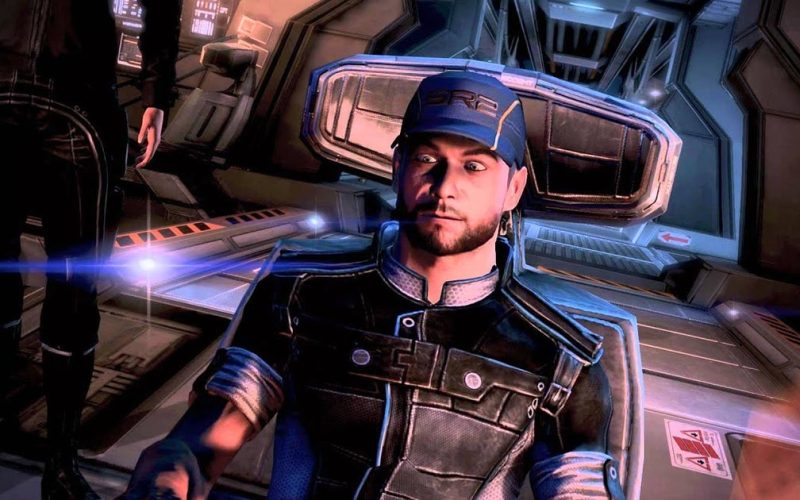As part of its recent cutbacks, BioWare has announced the departure of Lukas Kristjanson, the lead writer behind Baldur’s Gate 1 and 2, and Mary Kirby, the writer of the first three Dragon Age games.
BioWare revealed earlier this week that it will be reducing its workforce by approximately 20%, which amounts to around 50 employees. The studio stated that this move is part of a strategic shift towards a more focused and agile approach to game development. Both Kristjanson and Kirby had been with BioWare for over 20 years.
Kristjanson is highly regarded for his work on the original Baldur’s Gate games and is credited with creating some of gaming’s most iconic characters, including Minsc and Mass Effect’s Joker.
David Gaider, a former BioWare writer, expressed his surprise and admiration for Kristjanson, referring to him as “Old Man Luke” and praising his contributions to the studio over the years.
Stunned to learn BioWare also let go of Lukas Kristjanson. We used to call him Old Man Luke and Writer Alpha – there since BG1, the writer behind Minsc and Joker and so many more. One of Bio’s longest-serving employees. Hats off to him, hope he’s doing well.
— David Gaider (@davidgaider) August 24, 2023
Gaider further expressed his disbelief that Kristjanson, who had been with the studio for so long, was no longer a part of BioWare.
Kirby, who joined BioWare in 2006, is known for bringing the beloved character Varric to life.
The recent layoffs have led to speculation about BioWare’s target for redundancy, with some suggesting that mid-/senior-level developers and narrative designers may be affected. However, the specific criteria used by BioWare in selecting which employees to let go remains unclear.
We got to be fond of calling him “Writer Zero”. 🙂
— Karin Weekes-West (@KarinWeekes) August 24, 2023
In a statement, BioWare general manager Gary McKay outlined the studio’s reasons for the layoffs, emphasizing the need to adapt to the rapidly evolving industry and maintain a high standard of quality. The aim is to create a more agile and focused studio that promotes creativity and clear vision in game development.
“To achieve this,” McKay stated, “we find ourselves in a position where change is not only necessary, but unavoidable. As difficult as this is to say, rethinking our approach to development inevitably means reorganising our team to match the studio’s changing needs.”
